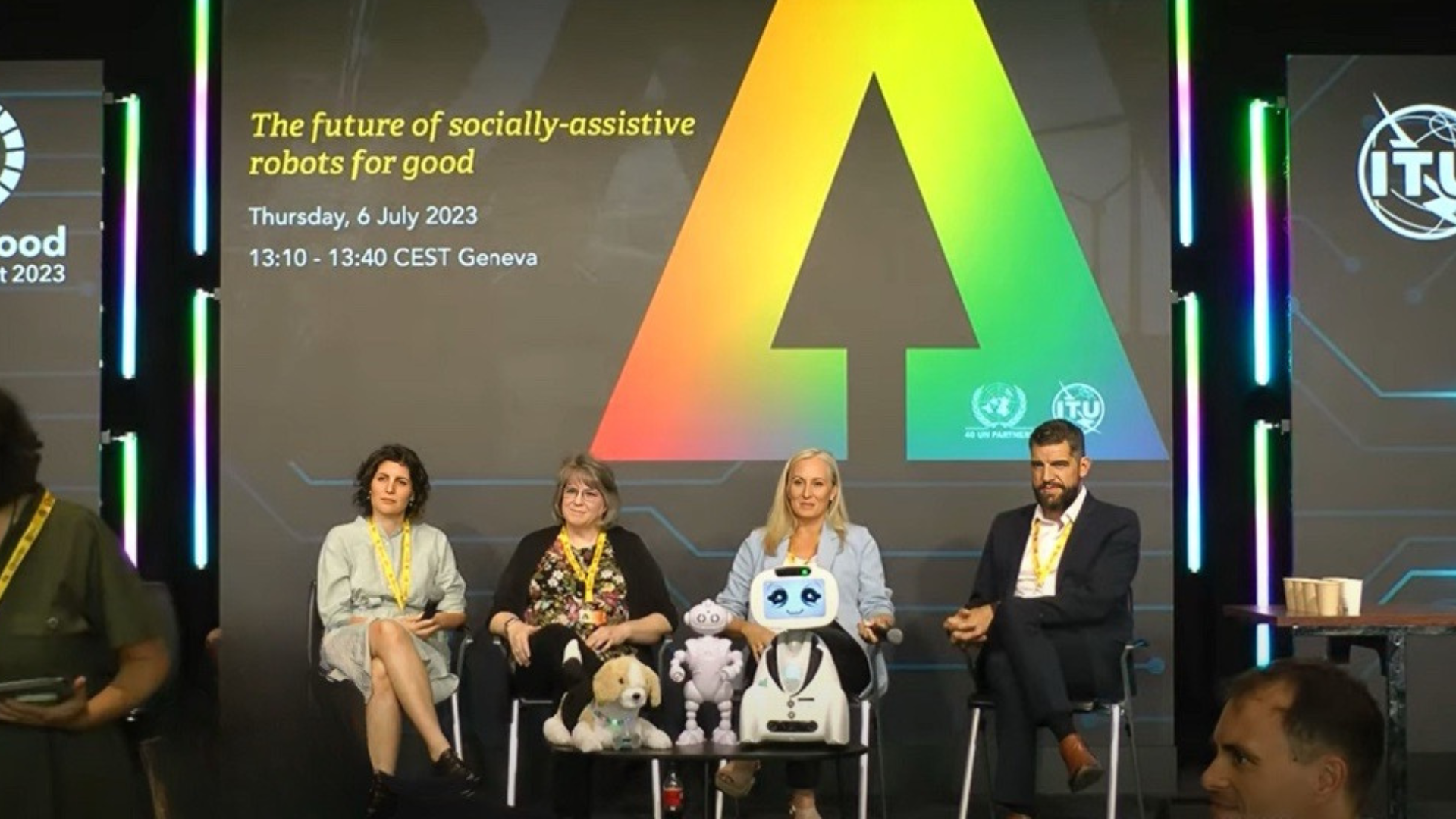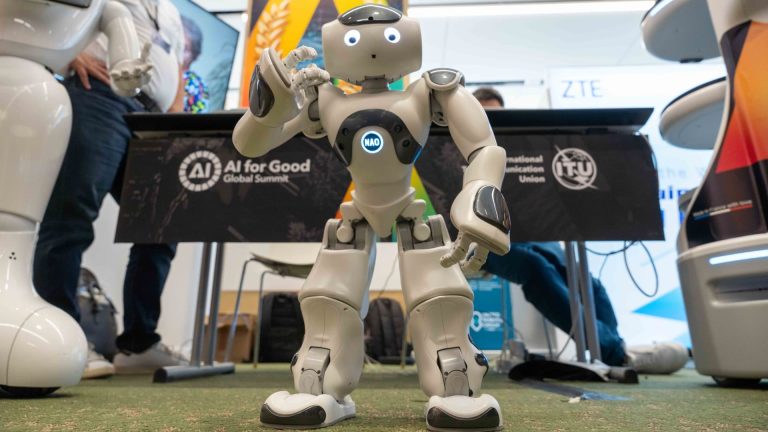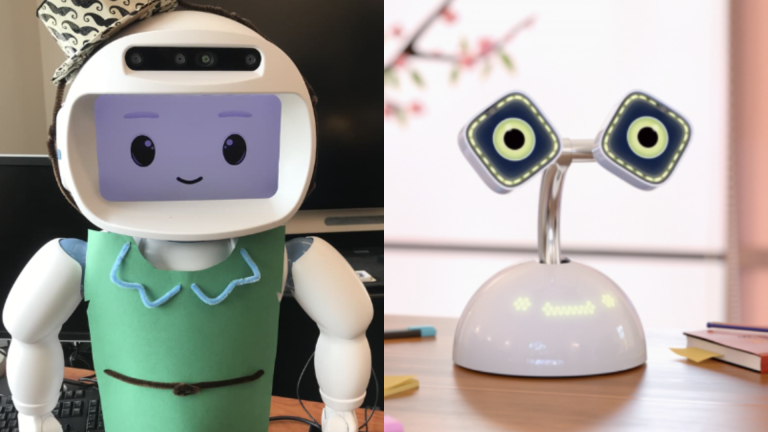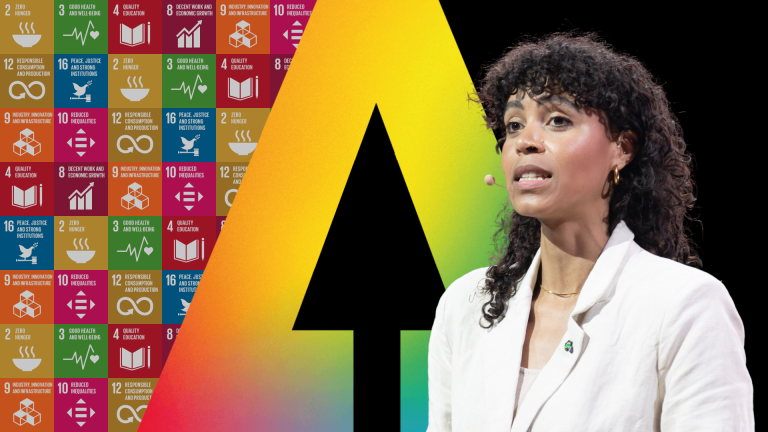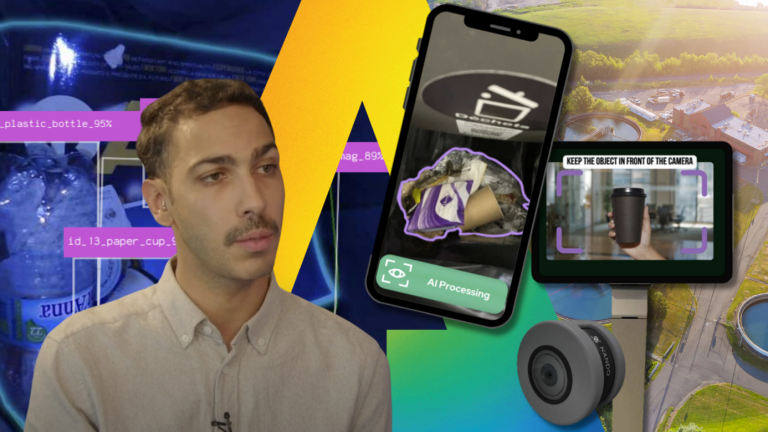Envisioning Tomorrow: The Role of Socially-Assisted Robots in Creating a Better World
In the rapidly advancing realm of technology, social robotics emerges as a vital innovator, offering promising advancements in healthcare, education, and social inclusion. As we navigate through the complexities of social robotics, it becomes increasingly evident that these technologies are not merely visions of the future; they are actively contributing to practical solutions that resonate with the United Nations’ Sustainable Development Goals (SDGs). The session titled “The future of socially-assistive robots for good” at the AI for Good Global Summit 2023 aimed to delve into the distinct benefits social robots can bring across fields such as healthcare, education, and companionship. The session’s moderator, Selma Šabanović, an Associate Professor of Informatics and Cognitive Science at Indiana University Bloomington, set the stage for discussion, spotlighting social robotics’ potential in tackling UN Sustainable Development Goals while inviting speakers to share their innovative projects and hands-on experiences with social robots.
Empathy, Adaptability, and Connection: The Promise of Social Robots
Shelly Levy-Tzedek, an Associate Professor and Director at the Cognition, Aging & Rehabilitation Laboratory at Ben Gurion University, discussed the impactful role of Pepper, a robot utilized in stroke rehabilitation. She underscored its efficacy in delivering therapy and enhancing clinical outcomes, addressing concerns about the novelty effect while highlighting the long-term benefits observed in patients.
“We are proposing to use socially assistive robots to help people do their exercises,” expressed Shelly Levy-Tzedek.
Cindy L. Bethel, a professor and director of the Social, Therapeutic & Robotic Systems Lab at Mississippi State University, introduced Therabot—a therapeutic support animal robot crafted to offer comfort and interaction for individuals unable to care for live pets. She emphasized its significance in mental health care and inclusivity, particularly for children grappling with issues like bullying or neglect.
“We are developing different types of sensing to put into Therabot to address depression or anxiety in elderly people,” Cindy L. Bethel noted.
Rodolphe Hasselvander, the CEO of Blue Frog Robotics, spoke about his company’s efforts in implementing AI-powered robots for educational purposes, inclusion, and elder care. He presented Buddy, an emotional companion robot, and emphasized its versatility and acceptance across different demographics.
“Buddy is an emotional companion robot, designed to create an emotional link between human and machine,” stated Rodolphe Hasselvander.
Laura Boccanfuso, the CEO of Van Robotics, shared insights on ABii, a social robot engineered to foster learning in elementary school settings. She underlined Obby’s adaptive capabilities and its role in aiding teachers to boost student engagement and success.
“Designing social robots to meet schools, teachers, and students where they currently are is a major principle for us,” emphasized Laura Boccanfuso.
Throughout the vibrant discussion, panelists expounded on guiding principles such as user-centered design, adaptability, and empathy. They highlighted the crucial role social robots play in building connections, providing support, and addressing significant societal challenges. Attendees engaged with inquiries regarding the specific advantages of social robots, their influence on diverse groups, and the ethical implications tied to their design and implementation.
Watch our full video:
Share This Post
